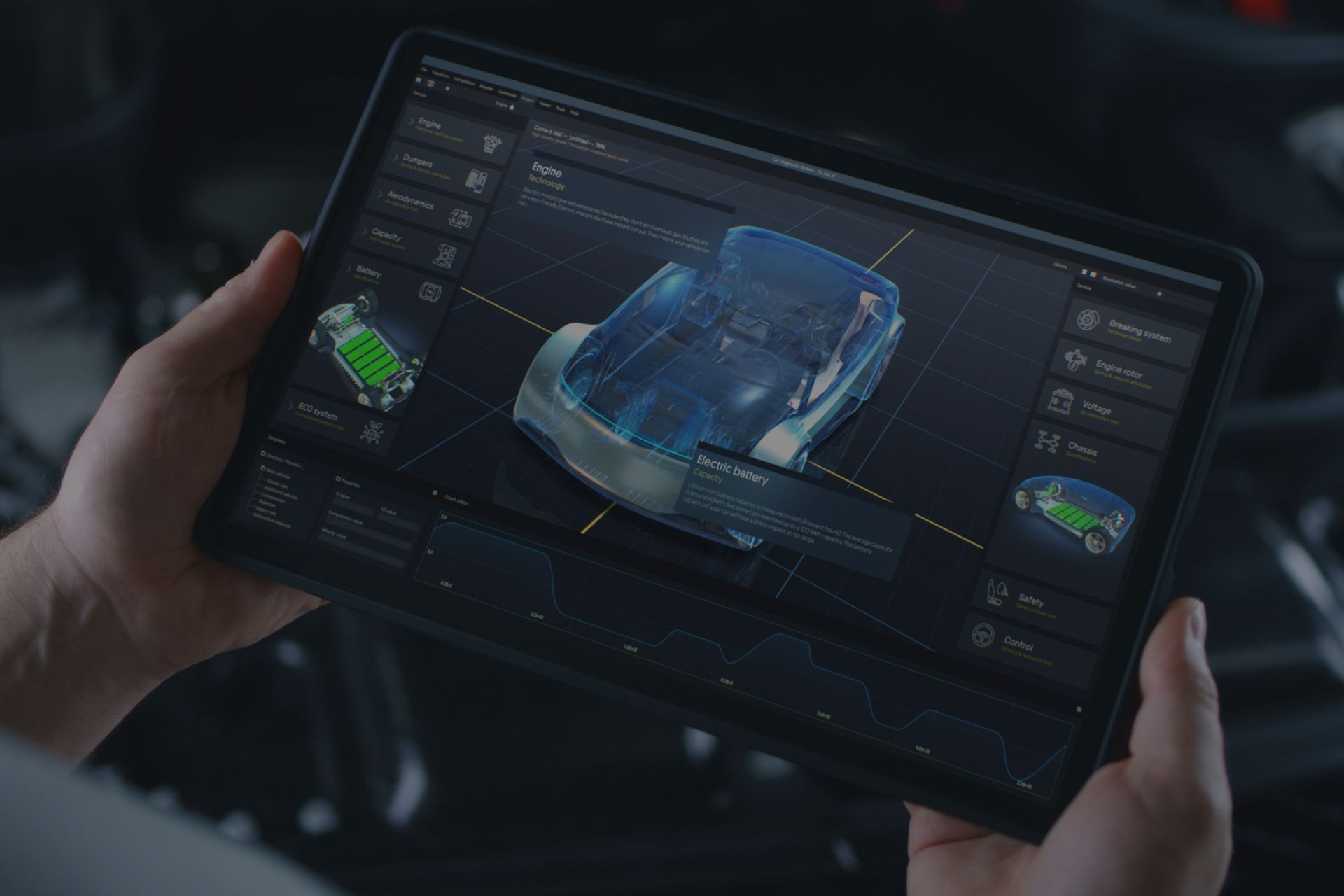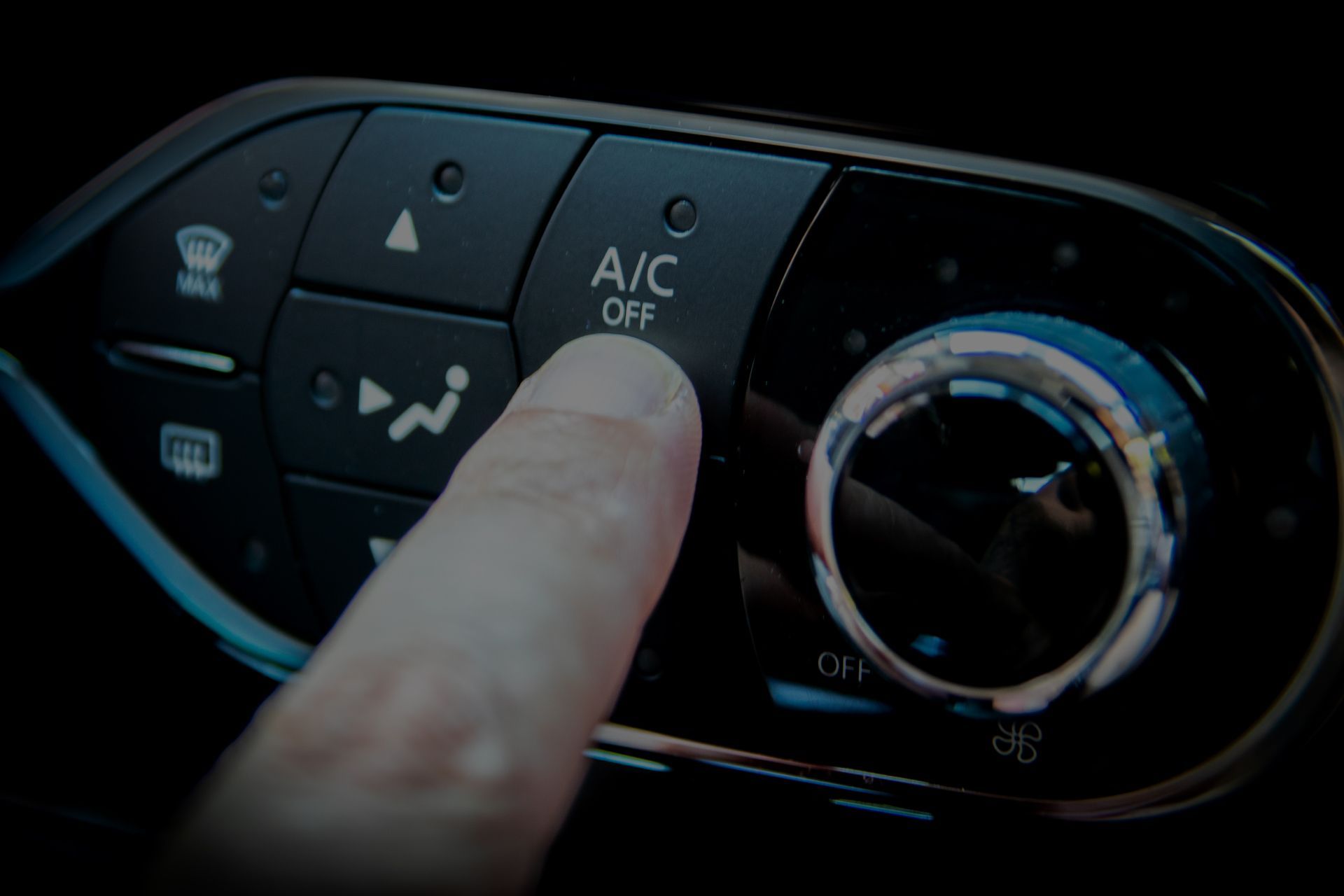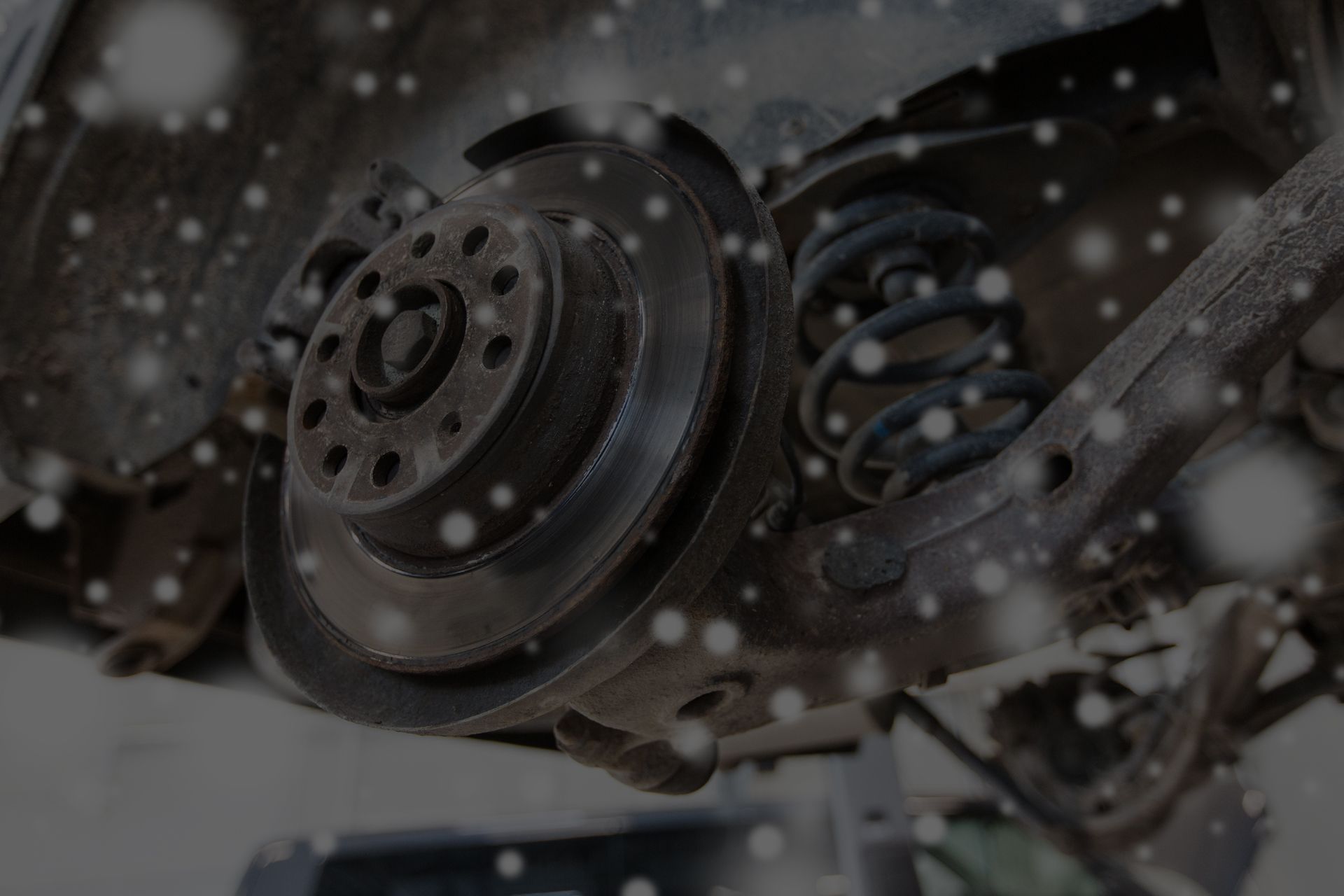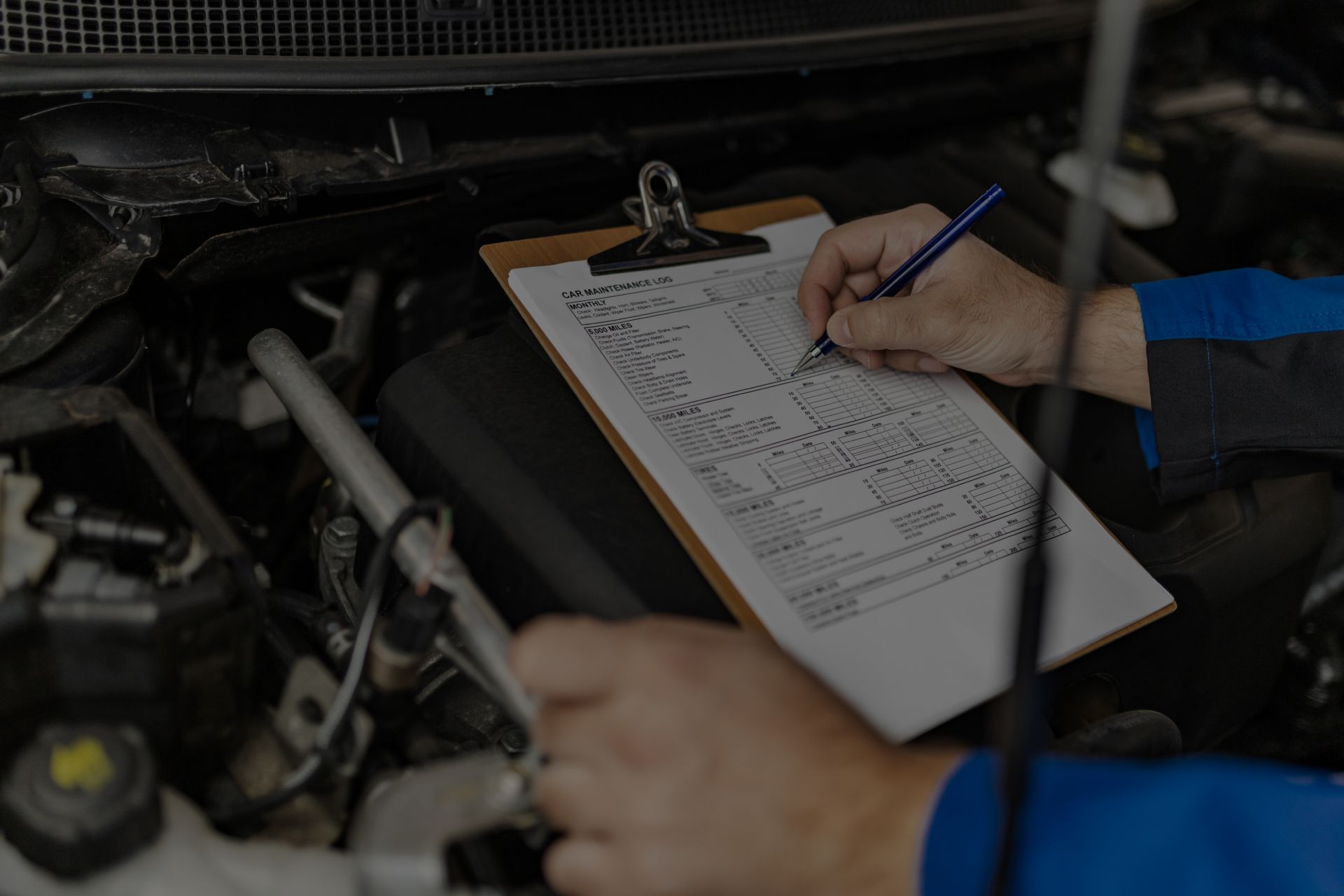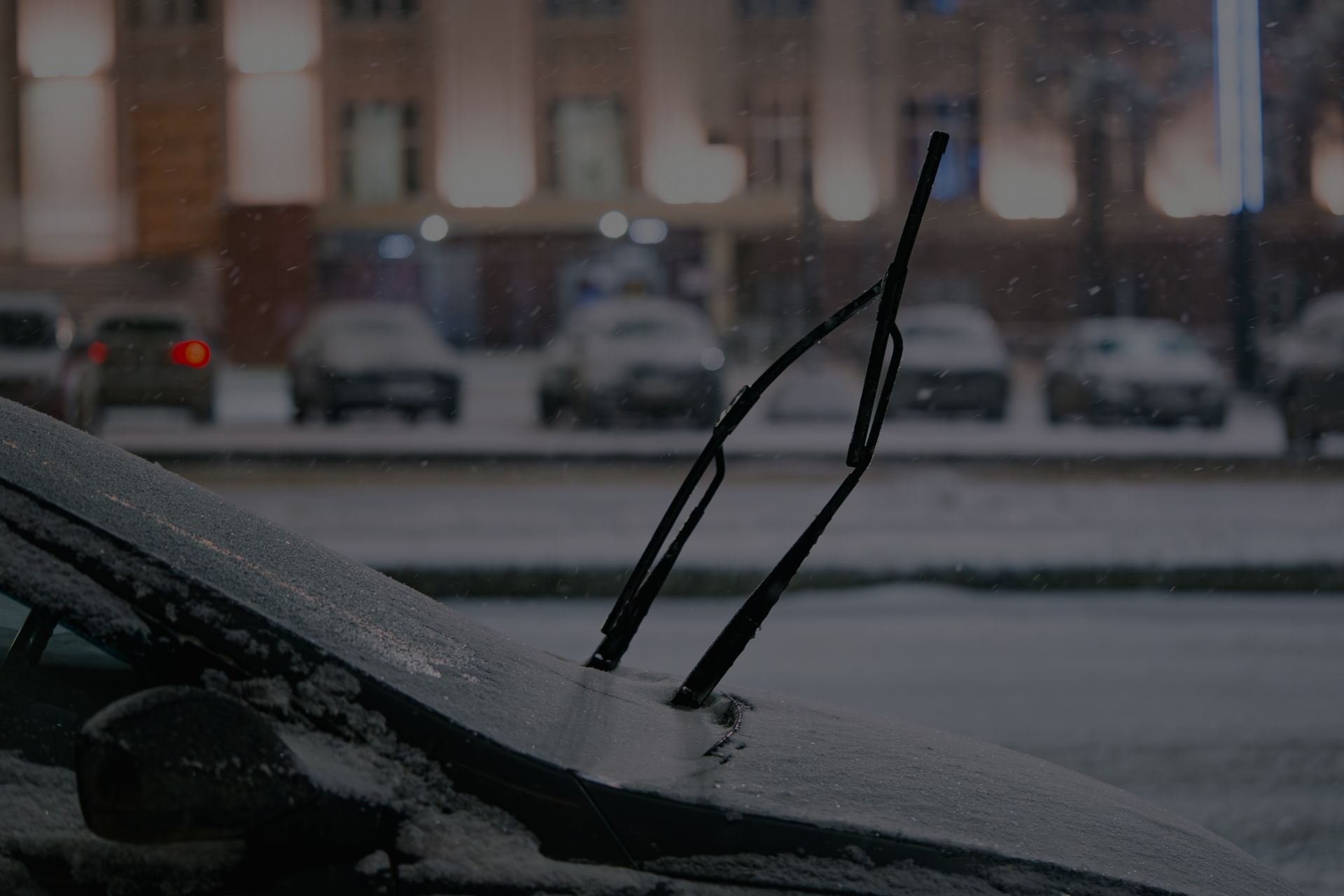Summer in Denver can be brutal. With temperatures soaring into the 90s and intense UV rays at our mile-high altitude, a working air conditioning system isn't just comfort—it's essential. If you drive a Japanese import like a Honda, Toyota, Subaru, or Acura, you might think any shop can handle your AC repair. Think again. Japanese vehicles have unique cooling system designs that require specialized knowledge, especially in Denver's challenging climate.
Japanese AC Systems: Built Different from the Ground Up
Japanese automakers approach air conditioning design differently than their American or European counterparts. These differences aren't just minor details—they affect how your system operates and what it needs to stay healthy in Colorado's environment.
Precision Engineering Japanese AC systems use tighter tolerances and more precise components. Parts fit together with extremely close specifications. This precision delivers better efficiency and longer life, but it also means repairs require exact procedures and specific tools.
Unique Refrigerant Requirements Many newer Japanese imports use 1234yf refrigerant instead of the older R-134a. This eco-friendly refrigerant requires specialized equipment and training to handle safely. Not every shop in Denver has invested in the proper tools for 1234yf service.
Integrated Design Philosophy Japanese manufacturers integrate AC systems deeply with other vehicle systems. Your Toyota's AC might share components with the engine cooling system. Your Honda's climate control could tie into the transmission cooling. This integration improves efficiency but makes diagnosis more complex.
Denver's Climate: A Perfect Storm for AC Problems
Living at 5,280 feet creates unique challenges that stress Japanese AC systems in ways they weren't necessarily designed to handle.
Extreme Temperature Swings Denver's weather can be wildly unpredictable. Morning temperatures in the 40s can climb to afternoon highs in the 80s or 90s. Your AC system constantly cycles on and off, creating stress on components like the compressor clutch and expansion valve.
These rapid temperature changes cause seals to expand and contract repeatedly. Japanese systems use precise rubber seals that can develop leaks faster in this environment than in more stable climates.
Intense UV Radiation At Denver's altitude, UV radiation is about 25% stronger than at sea level. This intense sunlight breaks down rubber hoses, seals, and plastic components faster. Japanese vehicles often use high-quality materials, but even premium parts suffer under Colorado's intense sun.
Low Humidity Challenges Denver's dry air creates static electricity and can cause different expansion rates in metal and plastic components. Japanese AC systems, designed for more humid climates, can develop rattles, leaks, and electrical issues more quickly here.
Altitude Effects on Performance Thinner air at altitude affects how your AC compressor works. The system has to work harder to achieve the same cooling effect. This extra strain can shorten component life and reveal problems that might never surface at sea level.
Common Japanese Import AC Problems in Denver
Certain issues show up more frequently in Japanese vehicles operating in Denver's climate:
Compressor Clutch Failure The constant cycling caused by temperature swings wears out compressor clutches faster. Japanese systems often use electromagnetic clutches that are sensitive to voltage fluctuations common in our dry climate.
Evaporator Core Issues Japanese evaporator cores are typically more compact and efficient, but Denver's dust and low humidity can cause them to clog or corrode more quickly than expected.
Refrigerant Leaks The precise sealing systems in Japanese imports can develop microscopic leaks that are hard to detect. Denver's temperature extremes accelerate this process.
Electronic Control Problems Modern Japanese AC systems rely heavily on electronic controls. Static electricity and voltage fluctuations from our dry climate can damage these sensitive components.
Why Generic AC Repair Isn't Enough
Many Denver auto shops offer AC repair, but Japanese imports need specialized attention:
Diagnostic Equipment Japanese manufacturers use specific diagnostic protocols. Generic scan tools might miss important fault codes or provide incomplete information. Proper diagnosis requires manufacturer-specific equipment and software.
Refrigerant Handling The 1234yf refrigerant in newer Japanese vehicles requires specialized recovery and charging equipment. Shops without proper certification and tools can't legally service these systems.
Part Quality Matters Japanese AC systems are engineered as complete systems. Using generic or inferior replacement parts can cause new problems. OEM or OEM-equivalent parts ensure proper fit and performance.
Procedure Knowledge Each Japanese manufacturer has specific procedures for AC service. Evacuation times, charging procedures, and oil specifications vary between brands. Following generic procedures can damage your system.
Preventive Maintenance for Denver's Climate
Protecting your Japanese import's AC system in Denver requires proactive care:
Regular Inspections Have your AC system checked before each summer. Look for signs of refrigerant leaks, worn belts, and damaged hoses.
Cabin Air Filter Changes Denver's dust and pollen can clog cabin air filters quickly. Change them every 12,000-15,000 miles or annually.
System Exercising Run your AC for a few minutes each month, even in winter. This keeps seals lubricated and prevents them from drying out in our arid climate.
Professional Service Have your AC system professionally serviced every two years. This includes checking refrigerant levels, testing system pressures, and inspecting all components.
The Cost of Waiting
Ignoring AC problems in your Japanese import can be expensive. A small refrigerant leak might cost $200-400 to fix. But if the compressor runs without enough refrigerant, you could face a $1,500-2,500 replacement bill.
Denver's climate accelerates AC problems, so early intervention saves money. Strange noises, weak cooling, or musty odors are warning signs that shouldn't be ignored.
Finding the Right Service Provider
Not every shop in Denver understands Japanese AC systems. Look for these qualifications:
- ASE certification in air conditioning systems
- Experience with Japanese imports specifically
- Proper 1234yf refrigerant handling equipment
- Access to manufacturer-specific diagnostic tools
- Understanding of integrated system designs
Your Japanese import's AC system is sophisticated and requires knowledgeable care, especially in Denver's challenging environment. The right service provider will diagnose problems accurately, use proper procedures, and install quality parts that last.
Expert Japanese Import AC Service in Denver
At Importsports Auto Repair Pros & Performance, we understand the unique AC service needs of Japanese imports in Denver's climate. Our ASE Certified technicians specialize in Honda, Toyota, Subaru, Acura, and other Japanese brands, with factory diagnostic software and proper 1234yf refrigerant handling equipment.
Since 1997, we've helped Denver drivers keep their Japanese imports cool and comfortable through Colorado's extreme weather. Our state-of-the-art facility and specialized knowledge ensure your AC system gets the expert care it deserves.
Don't suffer through another Denver summer with a failing AC system. Contact us today at (303) 752-2422
or book your Japanese import AC service online. Experience the difference that specialized expertise makes for your vehicle's comfort and performance.
